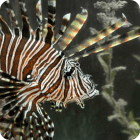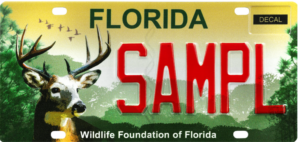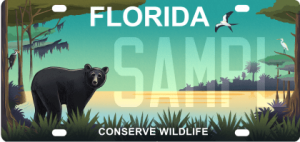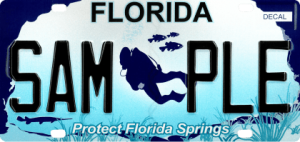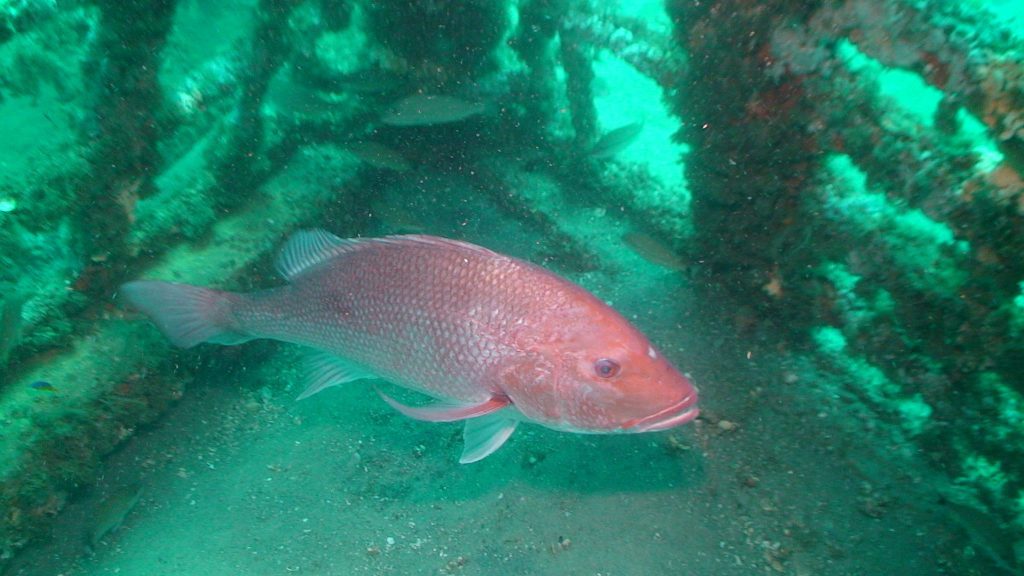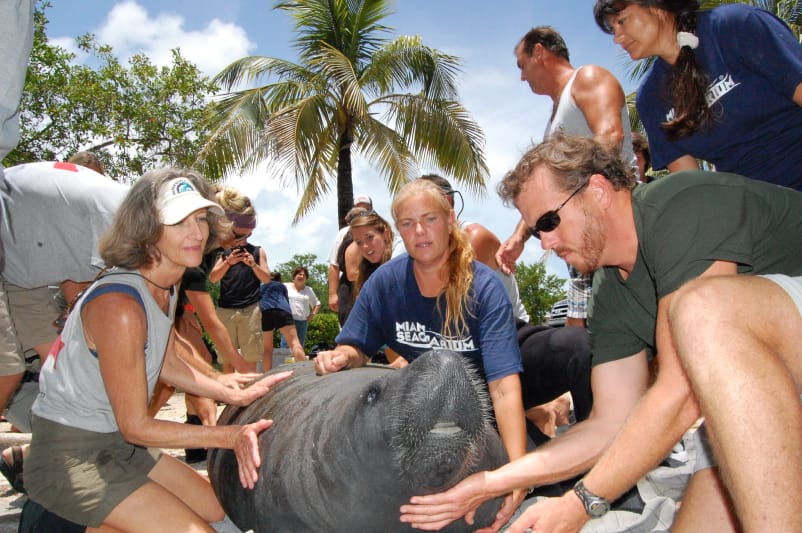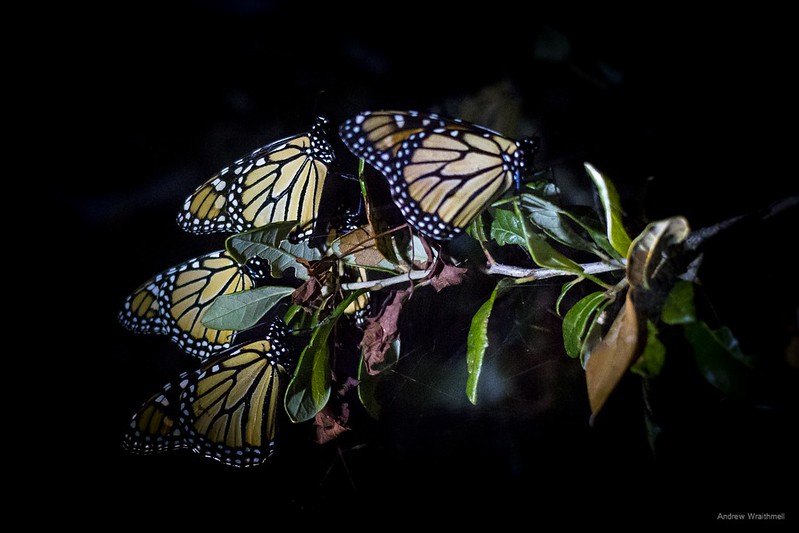
By: Kyle Grammatica
Migratory monarch butterflies have visited Florida for generations, but scientists are now researching if they are extending their stays in the Sunshine State. The potential cause: a nonnative tropical plant.
Nonnative tropical milkweed has become a common addition to south Florida gardens, often planted with the intention of attracting and benefiting monarch butterflies. However, it seems to be causing more harm than good for the species.
“According to recent research, when monarchs encounter tropical milkweed, they tend to stop migrating,” said Jaret Daniels, a moth and butterfly expert from the Florida Museum of Natural History.
Biologists theorize that monarchs use the presence of milkweed as an indicator for migration. Cold weather makes native milkweed species disappear in their northern range, sending monarchs south in the fall. Unlike its native cousins, tropical milkweed flowers year-round, leaving monarchs without the natural signals telling them when to migrate. Consequently, they stay in south Florida enjoying the sunshine and milkweed buffets.
Florida monarchs that don’t migrate have alarming rates of a wing-deforming parasite known as OE. OE is found on both native and nonnative milkweed but is naturally cleared out of the population during migration. Those with the parasites can’t make the journey, die off, and don’t spread it to healthy monarchs. However, the non-migratory south Florida population survives and the parasite spreads, harming the health of the group.
“Florida wasn’t always a disease hotbed,” said Andy Davis, an assistant research scientist of monarch ecology at the University of Georgia. “But OE is spreading like wildfire because of tropical milkweed planting. Now southern Georgia is becoming a hotbed, and eastern Louisiana. It’s a problem that’s growing, and it’s being led by Florida.”
While not everyone agrees that tropical milkweed is harmful to the monarch population or responsible for the increased spread of OE, Davis says that none of the experts he has spoken to recommend people plant or use tropical milkweed. Instead, gardeners should plant native milkweed species. If you’re set on keeping your tropical milkweed, cut it back during the winter or move it inside so butterflies don’t get confused and overwinter.
Nonnative species can have disastrous effects on our ecosystem by outcompeting or preying on native species, spreading disease, and causing damage to infrastructure. The Foundation works with partners around Florida to fight the spread of invasive species, join us.



